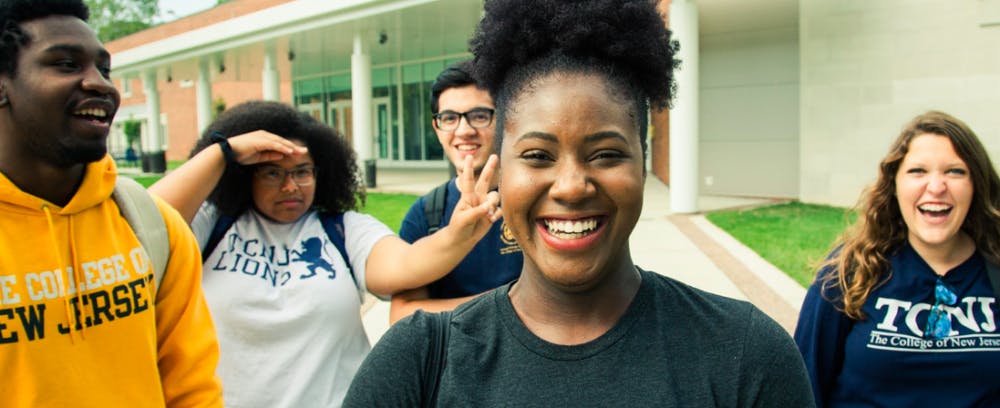By Jibran Abbasi
Staff Writer
Campus Police and the Division of Equity & Inclusion organized a training session on hate crimes versus bias-based incidents, led by Mercer County prosecutor Heather Hadley via Zoom on Sept. 22.
Hadley has been a prosecutor with the Mercer County office for 15 years, has served as the senior assistant prosecutor for 10 years and has been a member of the homicide task force for her entire tenure.
The deputy director of Campus Police, William Straneiro, was a co-speaker at the event and believed that “training is necessary to identify and diffuse bias based incidents and hate crimes.”
“During turbulent times like this, it has been notorious for increased amounts of crime, whether it’s based on sex, gender, race, religion or economic status,” Hadley said.
These groups are put into categories called class and crimes that occur on the basis of a person’s class are called hate crimes. Through later examination of such incidents, these hate crimes can be elevated to the status of a bias incident.
“If there are individuals that are targeted because of a protected class, then the effects that happen after would then be elevated to a bias crime charge,” Hadley said.
This penalty increase is not a federal law but varies depending on the state. New Jersey has a penalty enhancement statute which can elevate the status and penalty of hate crime incidents.
“The people most susceptible to bias crime are children and young adults, especially those in undergraduate academic based settings,” Hadley said. “These crimes usually begin in middle school and reach college, and in some cases even to graduate or professional school.”
Although hate crimes do occur in this backdrop, a significant number of them occur online rather than in person.

According to Hadley, these incidents “are most common on social media such as Instagram, Facebook, Twitter and can even reach larger platforms such as YouTube.”
These two classes of crime apply to numerous interactions of people, even minor incidents that could be a passing interaction between two people who do not know each other.
“If you were passing by someone who you didn’t know on the road and they said a slur and that was the end of the interaction, then that is a bias crime,” Hadley said.
In both hate crimes and bias incidents there must be an underlying form of discrimination to charge the aggresor with. Otherwise, the charge given will be minimal or there will be no charge at all.
In her closing statements, Hadley clarified the severity of the interaction that is required for it to be classified as a crime.
“Name-calling is not against the law, but it’s when you start to do something that is going to be directly harming someone that is meant to a direct or imminent threat,” Hadley said. “That kind of speech or action is not protected by the law.”







